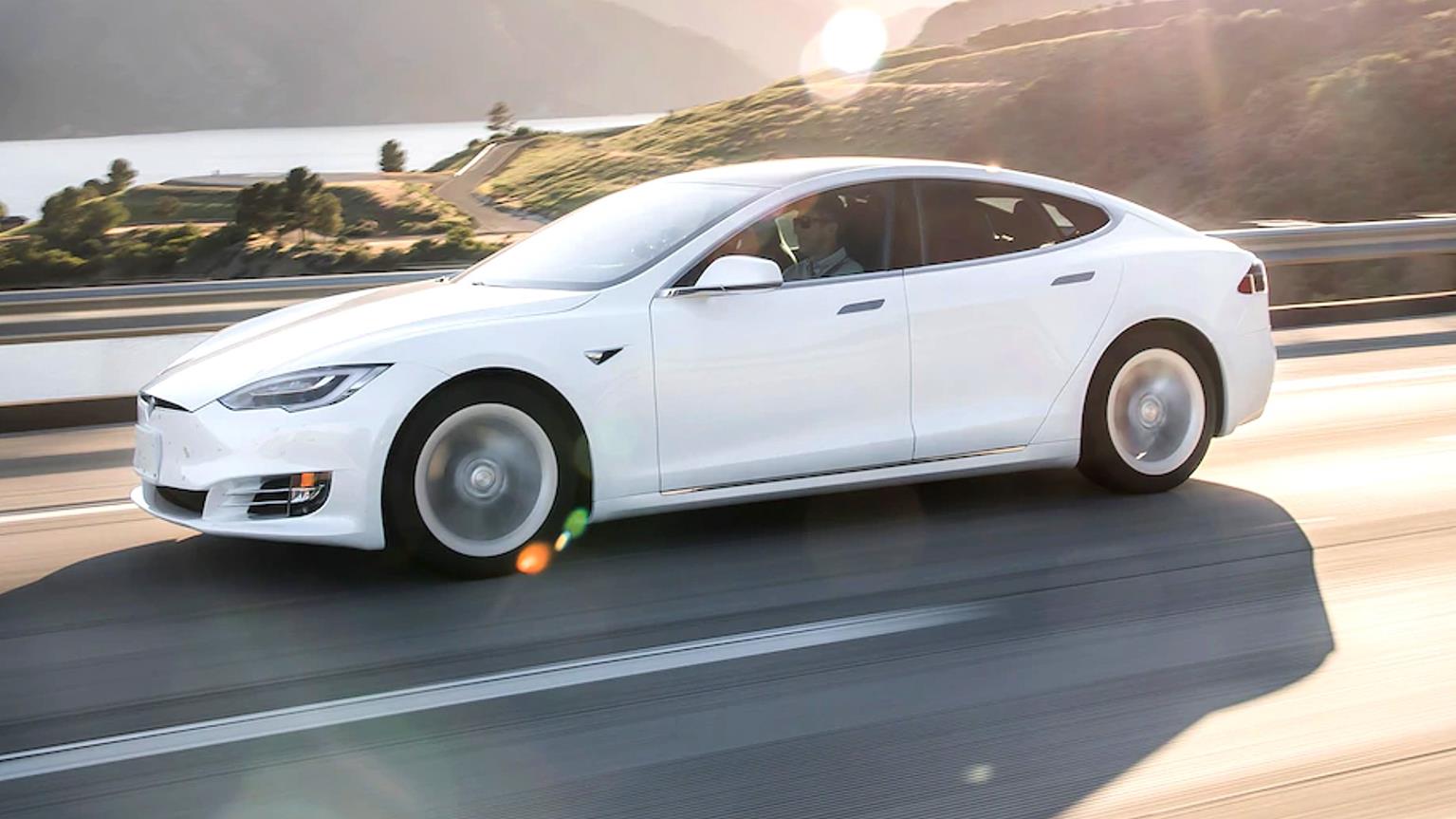
Record-Breaking Growth in the Global Electric Vehicle Market
The global electric vehicle (EV) industry is experiencing an unprecedented surge in sales and investment, as major automakers and governments double down on their commitment to a cleaner, more sustainable future. Recent data from the International Energy Agency (IEA) reveals that electric car sales are set to exceed 17 million units worldwide in 2024, marking a 25% increase from the previous year. This acceleration in EV adoption underscores the growing consumer confidence in clean energy technologies and the rapid technological advancements driving the sector forward.
Automakers Compete for the EV Crown
Tesla continues to lead the charge globally, but traditional automakers such as Ford, General Motors, Volkswagen, Hyundai, and BYD are rapidly closing the gap. Earlier this month, BYD announced its sales figures for the first half of the year, revealing a record 3 million EVs sold—making it one of the top global contenders in the electric mobility space. Meanwhile, Ford’s F-150 Lightning and GM’s Silverado EV trucks have garnered substantial interest in the North American market, signaling that traditional brands can successfully compete with Tesla’s long-standing dominance.
Volkswagen has recently increased its investment in battery production through its battery subsidiary, PowerCo, which aims to expand gigafactories across Europe. Similarly, Hyundai and Kia have announced plans to increase their production capacity in the United States to qualify for new federal EV incentives. Automakers are now in an all-out technological race to improve battery performance, reduce costs, and achieve greater efficiency across all models.
Government Policies Drive Adoption
Governments worldwide are reinforcing the momentum with new policies aimed at accelerating the EV transition. In the United States, the Inflation Reduction Act continues to incentivize consumers to purchase electric cars through tax credits of up to $7,500. The Biden administration’s goal of having 50% of all vehicle sales be electric by 2030 is making significant strides, aided by the growing network of over 180,000 charging stations nationwide.
Meanwhile, Europe remains at the forefront of regulatory action. The European Union’s ban on the sale of new internal combustion engine cars starting in 2035 has prompted automakers to rethink their long-term strategies. In Asia, countries like China, Japan, and South Korea continue to expand EV infrastructure and local battery supply chains to achieve similar sustainability goals. These coordinated policies and investments are reshaping the automotive landscape at a historic pace.
Advancements in Battery Technology
One of the key factors driving wider EV adoption is the ongoing advancement of battery technology. Industry leaders such as CATL, Panasonic, and LG Energy Solution are developing next-generation solid-state and lithium iron phosphate (LFP) batteries that promise greater range, faster charging speeds, and longer lifespans. According to BloombergNEF, battery prices have fallen by nearly 90% over the past decade, making EVs increasingly competitive with traditional gasoline-powered vehicles.
Solid-state batteries in particular have drawn attention for their safety and energy efficiency. Toyota recently announced progress in this area, revealing that its prototype solid-state battery could enable a 600-mile range and recharge in just 10 minutes. If commercialized successfully, this technology could mark a turning point for the EV sector, eliminating range anxiety for many consumers and further reducing charging times.
Infrastructure Challenges and Opportunities
Despite record growth, the EV movement still faces infrastructure challenges. Range anxiety, charging availability, and grid readiness continue to be key issues for many consumers. However, major infrastructure initiatives are underway to resolve these hurdles. Fast-charging networks from Tesla’s Supercharger expansion, along with partnerships between ChargePoint, Electrify America, and other charging providers, are filling gaps across major highways and urban centers.
Energy providers are also investing heavily in renewable-powered charging networks to ensure that the electricity used for EVs is derived from sustainable sources. The integration of solar, wind, and battery storage into EV charging infrastructure is anticipated to become a defining feature of the next phase of EV deployment, further reducing the overall carbon footprint of transportation.
Future Outlook
Analysts predict that EVs will account for more than half of global car sales by the early 2030s. With continued improvements in range, affordability, and availability, electric vehicles are no longer a niche market—they are rapidly becoming the default choice for consumers around the world. The EV revolution has not only created an economic boom across the supply chain—from battery manufacturing to software development—but is also reshaping global energy consumption patterns.
As innovation continues to shape the next generation of EV technology, the world appears increasingly ready to embrace an electric future. With governments, automakers, and consumers aligned in a shared pursuit of sustainability, the electric vehicle industry is not just transforming transportation—it’s helping redefine how humanity powers mobility for decades to come.
All EV Sales Research Team
10/9/2025
